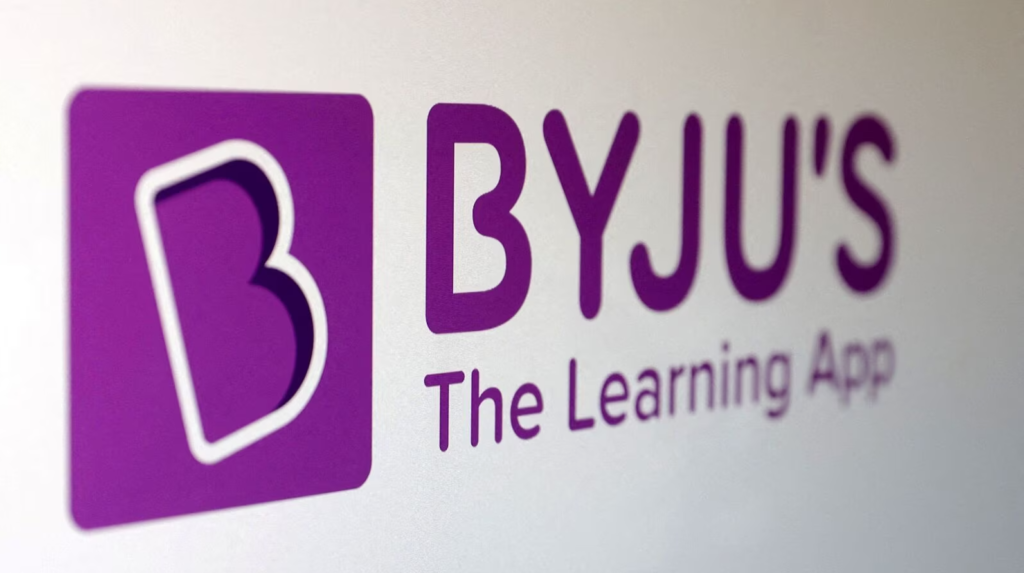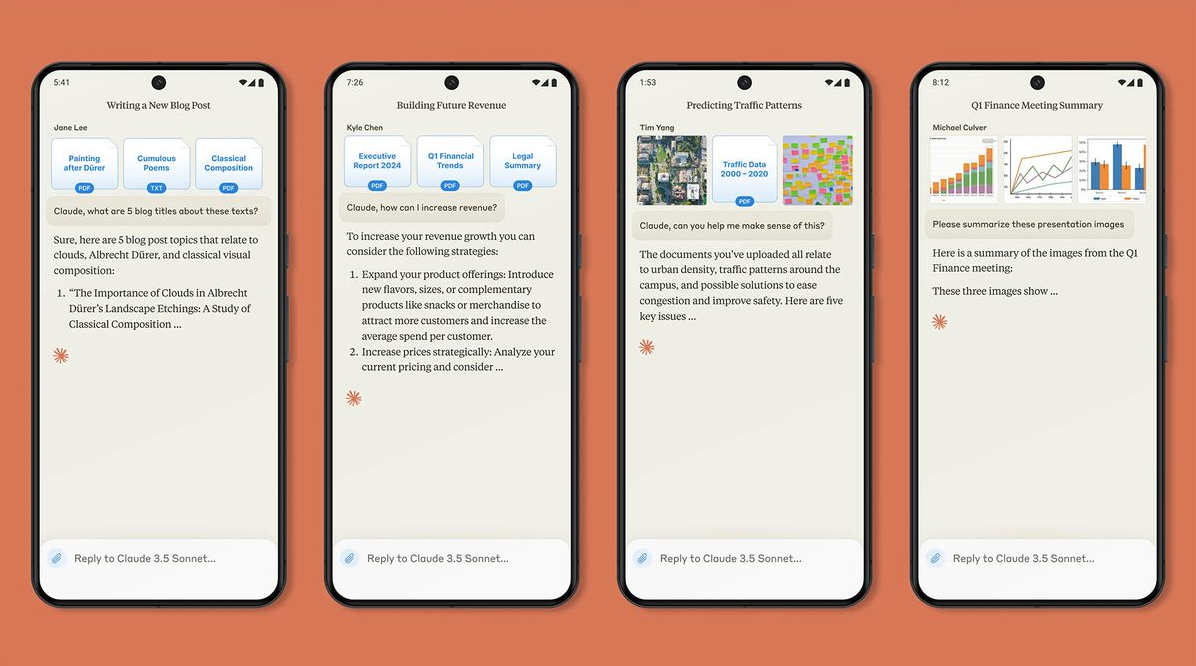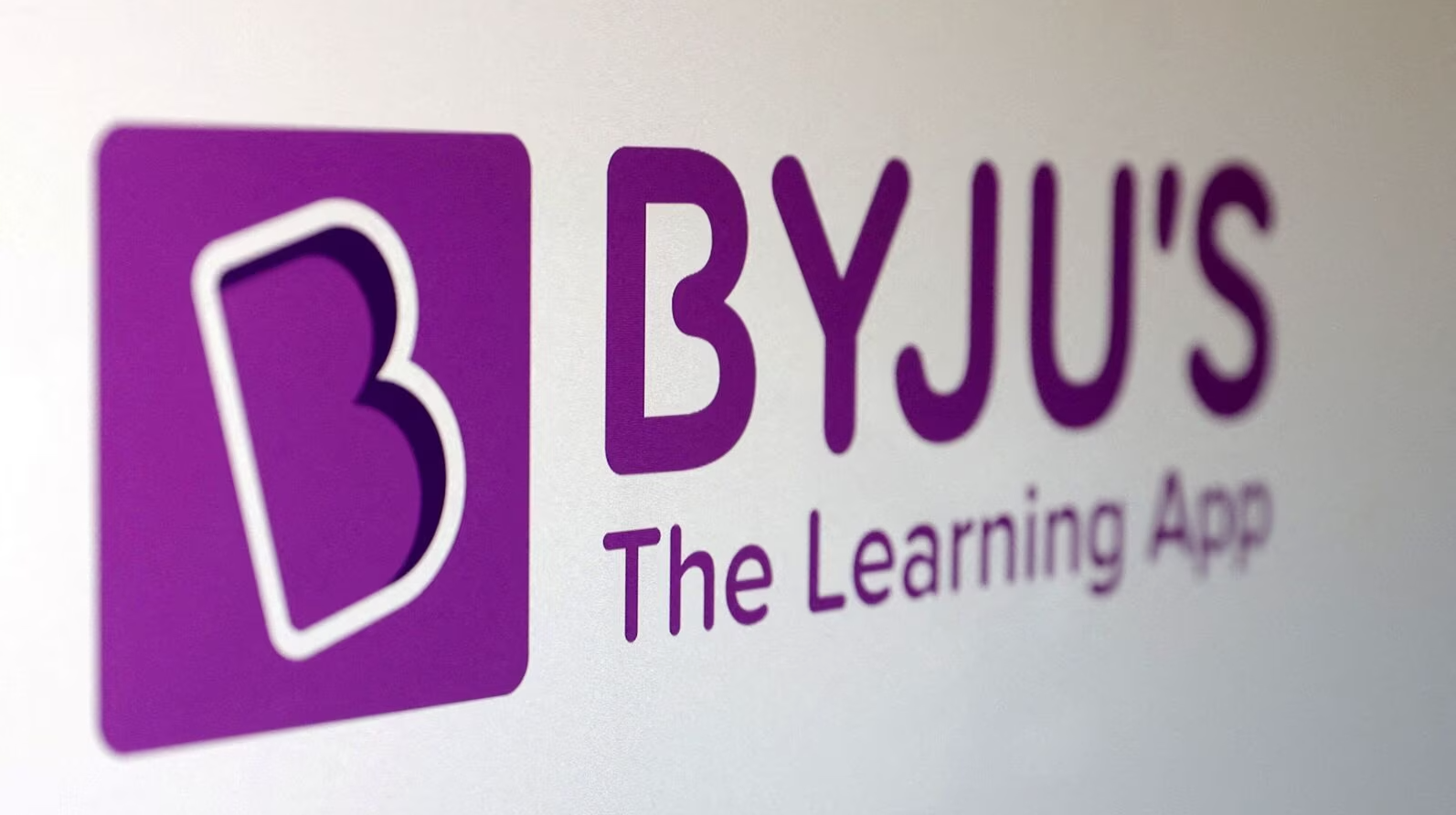In a significant move, Byju’s, the prominent edtech firm, has announced that it will permanently shift to a work-from-home model for its employees. As part of this strategic decision, the company has relinquished all its office spaces across the country, retaining only its headquarters at Bengaluru’s Knowledge Park.
A Paradigm Shift in Workplace Dynamics
The decision to embrace indefinite remote work comes amidst a series of challenges faced by Byju’s, including an ongoing liquidity crisis and internal disagreements with investors regarding recent funding rounds. Byju’s India CEO, Arjun Mohan, spearheaded this restructuring plan, emphasizing cost-cutting measures and operational efficiency.
Key Highlights of Byju’s Decision:
- Office Spaces Surrendered: Byju’s has vacated all its offices, allowing leases to expire naturally. The company’s commitment to remote work extends to nearly all employees, except those working at approximately 300 Byju’s Tuition Centres spread across India.
- Headquarters Retained: The sole exception to the office closures is the company’s Bengaluru headquarters, located at IBC Knowledge Park. This central hub will continue to serve as the nerve center for Byju’s operations.
- Work-From-Home Mandate: Byju’s has made it mandatory for all employees to work remotely. This directive applies to staff members across various functions, including technology, content development, and customer support.
- Financial Challenges: Byju’s has been grappling with financial constraints, leading to delayed salary disbursements. However, the company recently processed part of the pending salaries for February, ensuring that employees receive their dues promptly.
- Alternate Fund Arrangements: The company has put in place alternative funding mechanisms to ensure minimal disruption to employees’ daily lives. The company remains committed to its mission of providing quality education to students across the country.
Industry Implications
Byju’s move reflects the evolving landscape of work culture, where remote work has become a norm rather than an exception. As other organizations grapple with similar challenges, the decision serves as a case study of adaptability and resilience.






































